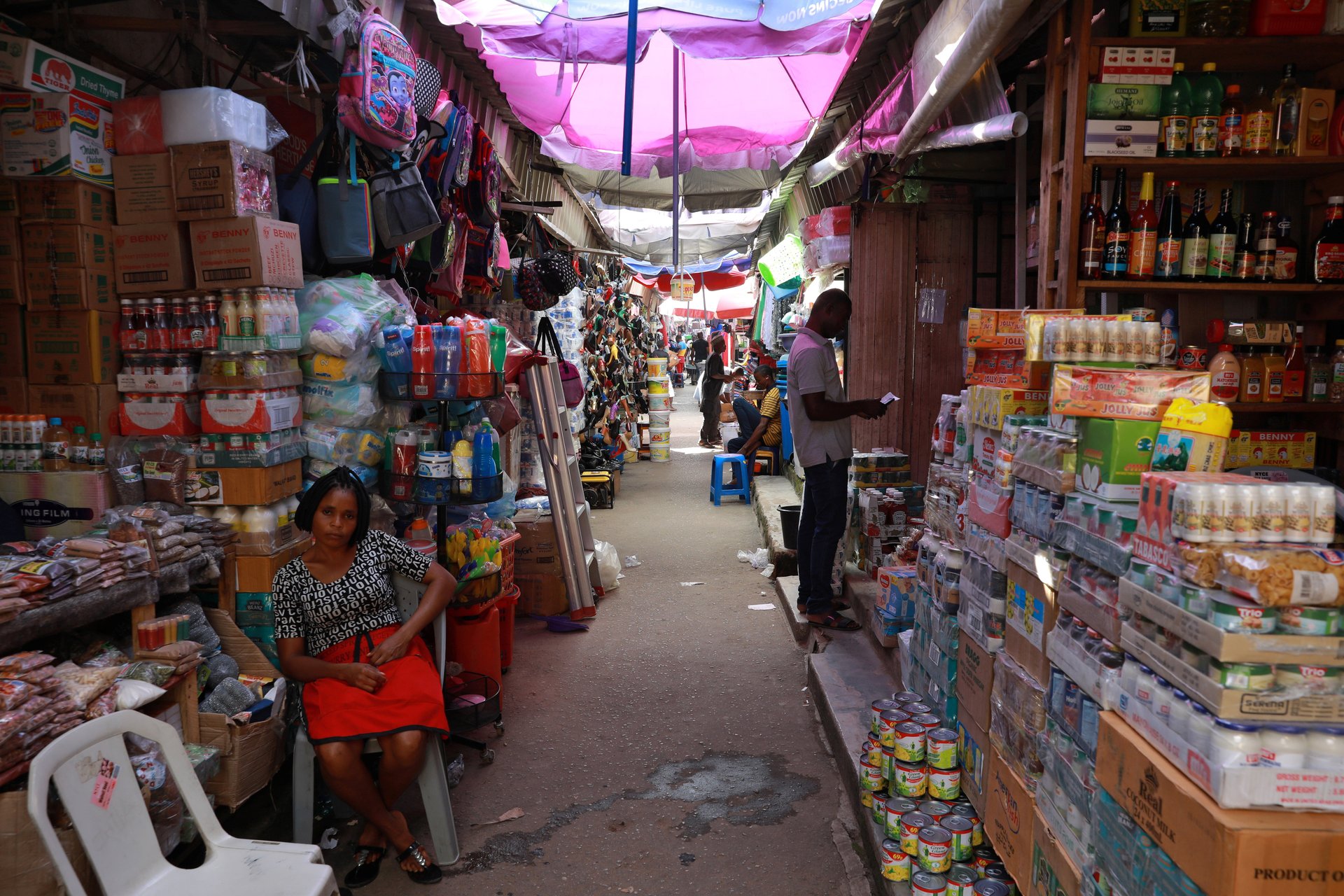A Nigerian off-grid solar startup has raised $20 million to power local markets and merchants
The funding pitch for off-grid energy companies across Africa can be boiled down to one poignant statistic: the continent is home to world’s slowest electrification rate.


The funding pitch for off-grid energy companies across Africa can be boiled down to one poignant statistic: the continent is home to world’s slowest electrification rate.
The problem is most significant in Nigeria, Africa’s most populous country, which holds the largest population living without access to electricity. Given the high cost connecting tens of millions of homes to an overwhelmed national grid, off-grid and renewable energy companies and the market opportunity they represent are proving a big draw for investors.
Rensource, a three-year old off-grid solar energy firm has raised $20 million in a Series A round jointly led by African venture capital fund, CRE Venture Capital and impact investor, the Omidyar Network. The round also saw participation from Inspired Evolution, Proparco, EDPR, I&P, Sin Capital, and Yuzura Honda.
Rensource’s funding round follows sustained investor interest in Africa-focused off-grid and renewable energy startups seeking to plug electricity gaps. In June, Arnergy, another solar mini-grid company, also raised $9 million in its Series A round.
While most off-grid companies offer the promise of electrifying homes and residential communities, Rensource focuses solely on powering local markets and merchant shops. “We decided that the better way to scale the market opportunity is by focusing on small businesses, specifically merchants in large urban markets in Nigeria,” says Ademola Adesina, Rensource founder and CEO.
In Nigeria, like many other African countries, large, open markets are key drivers of economic activity in the local, and ultimately, national economy. This is why Rensource is essentially positioning itself as a micro-utility for large market spaces from financing installation to billing merchants and providing on-site customer service in seven market clusters across Nigeria.
With the national grid unable to either generate or distribute enough power to match local demand, off-grid systems offer the prospect of reliable supply. And for businesses, that means reduced spending on expensively maintained power generators and more operational efficiency. The reduced reliance on diesel and petrol generators could have to side benefit of reducing the risk of fatal fire outbreaks which have become a frequent occurrence in Nigeria’s congested markets. There have been two major fire outbreaks in one of Lagos’ biggest markets just in the last month.
Buoyed by its new funding, Adesina says Rensource now plans to double-down on its focus on merchants and markets even beyond powering them. “Because we’re basically billing and engaging the customers we provide energy to, we’ve also come to understand a lot of their other pain points. We are about to start rolling out tools for those same merchants to bring them more into the formal economy, allowing them to do inventory management, accounting and track sales,” he says.
Despite the potential of off-grid and renewable energy companies, government regulation is often cited as a major stumbling block to progress across the continent. But Nigeria is an outlier in this regard: “The regulators have been very accommodating in ensuring none of their regulations hamstring us because ultimately they want to see more power,” Adesina says. “Relative to other sectors, they’re pretty hands-off on off-grid power and that’s because they know they can’t do it themselves.”
Sign up to the Quartz Africa Weekly Brief here for news and analysis on African business, tech and innovation in your inbox